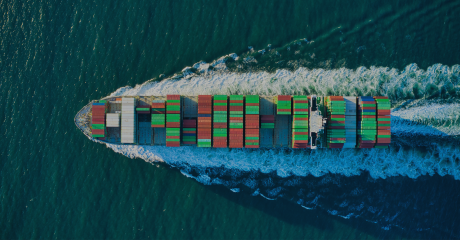What is Know Your Customer (KYC)?
Know Your Customer, or KYC, is the critical first step in the fight against financial crime and money laundering. KYC procedures are part of the onboarding process for financial institutions and other financial services companies. These procedures allow for the creation of a customer’s risk profile by retrieving their data before initiating a business relationship.
KYC steps include customer identification and collecting information on a client’s financial dealings. Know Your Customer can also expand past the customer or client and include the same steps for suppliers and vendors, known as KYS and KYV respectively.
Financial institutions are legally required to complete KYC to comply with Anti-Money Laundering (AML) laws and ensure that clients are not engaging in criminal activities. The Financial Crimes Enforcement Network (FinCEN) has established minimum KYC requirements, including verifying beneficial owners and setting standards for dealing with third parties.
Why are KYC procedures important?
KYC protects both the client and the financial institution. During the KYC process, clients must provide credentials that prove their identity and address. Clients receive protection because the information they provide ensures that their services are tailored to their needs. On the financial services side, companies are able to monitor the potential risks they could be incurring by working with certain customers and if those customers meet their requirements.
KYC procedures are important because they help prevent identity theft, money laundering, financial fraud, terrorism financing, and other financial crimes. Non-compliance with KYC requirements can lead to hefty penalties for financial institutions. Across the U.S., Europe, the Middle East, and Asia, an estimated total of $26 billion in fines have been levied for non-compliance with AML and KYC regulations. Alongside the financial implications, financial institutions risk losing brand integrity and trust.
>> Learn how to identify potential Chinese military end users <<
What’s happening in the KYC industry right now?
Requirements for KYC were introduced in the 1990s to fight money laundering. Following the 9/11 attacks, the U.S. passed stricter laws around KYC as part of the Patriot Act. Since then, much has developed in the industry as efforts have grown to prevent financial crimes.
In May 2018, FinCEN added a new requirement for banks to verify the identity of natural persons of legal entity customers who own, control and profit from companies when those organizations open accounts. This means companies need to now provide Social Security numbers and copies of a photo ID and passports for its employees, board members, and shareholders.
Meanwhile in the European Union, 6th Money Laundering Directive (6AMLD) came into effect in late 2020 and aims to empower financial institutions and governments to do more in the fight against money laundering and terrorism financing. As part of the new revised directive, financial institutions in Europe are provided with a list of 22 predicate offenses involved in money laundering to watch out for. Additionally, the 5th Money Laundering Directive (5AMLD) established fully secure digital identification methods so that customers can interact with their bank, and insurance agencies completely remotely.
How can I maximize my KYC efforts?
KYC is all about identifying risk and verification. When vetting a new customer or vendor, information is the key to success. With Sayari Graph, you can utilize source records and graph technology to map out connections and establish links between illicit financial actors, their infrastructure, and related business structures and transactions. The original source documents, and resulting audit trail, gives financial institutions the confidence to act on verifiable information – quickly. With financial intelligence units facing all time high workloads, efficiency is of utmost importance.
Want to see KYC investigations in action? Watch our Master Class: Data and Graph Analytics for AML and KYC for a real world example.



